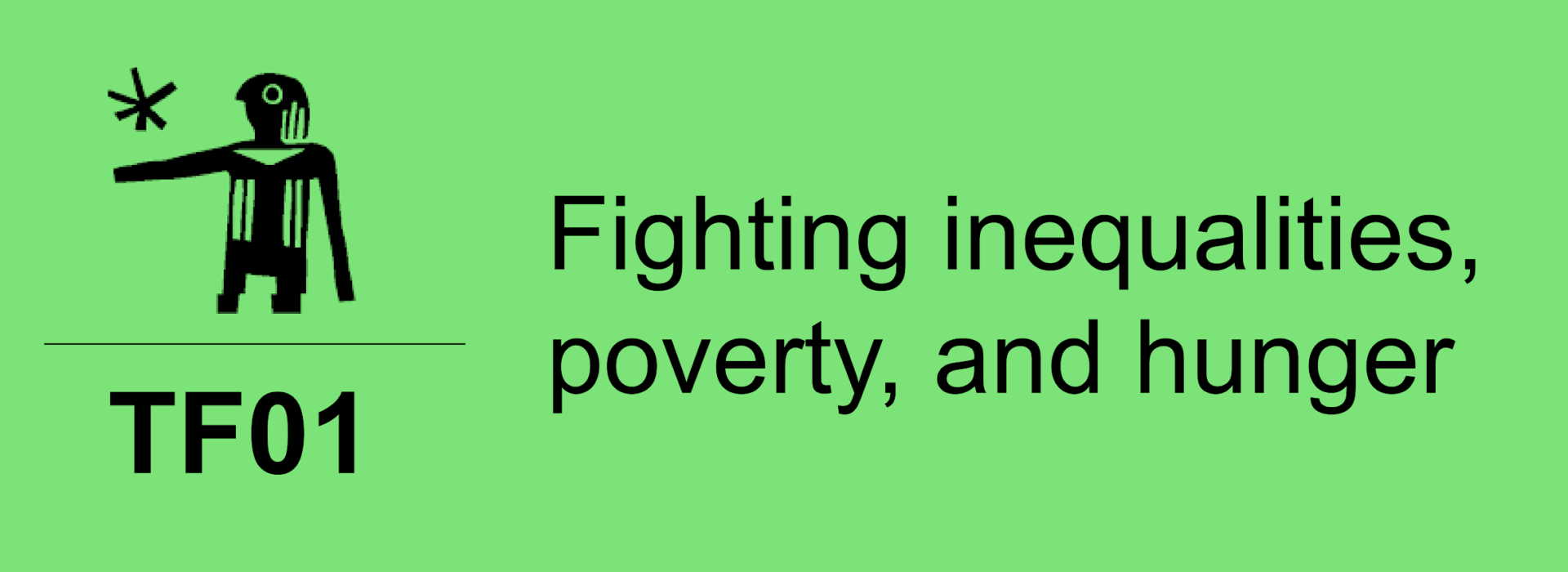In the current Brazilian context, the construction of the National Care Policy has been discussed, highlighting care as relational, sustaining existence and the material basis of life, essential for people at various stages of their lives, and which may or may not be paid for. However, care is often rendered invisible in terms of its basis for generating and sustaining the economy, which has mobilized research to discuss the relationship between care, ethics, economics, and politics. Studies emphasize the need to question the restriction of care as a matter for the private world of women, by understanding the interdependence that sustains care as relational and eminently political. Thus, moving away from the public-private dichotomy when thinking about care is fundamental, considering the commitment to an ethic that should underpin democracy and the confrontation of processes that make life vulnerable, so that care needs to be recognized as a public and socially shared responsibility. In this context, the Oswaldo Cruz Foundation, as an institution of the Brazilian Unified Health System and a public agency, works on care policies, through research and services that take into account the population’s diversity and the principle of equity. Studies being developed by the institution analyze structural racism and its impacts, showing that inequalities in exposure to violence and in care services highlight inequities and discrimination in access to the right to health for black people. Research also shows that cash transfer policies for the female population dedicated to family care contribute to reducing maternal mortality, suggesting that such investments improve the determinants of maternal health. Therefore, we understand that strengthening care policies requires tackling gender, race, and disability inequalities, and it is essential to invest in education and training processes to transform institutional culture in different areas.
Register for Updates
Would you like to receive updates on the Global Solutions Initiative, upcoming events, G7 and G20-related developments and the future of multilateralism? Then subscribe here!
1 You hereby agree that the personal data provided may be used for the purpose of updates on the Global Solutions Initiative by the Global Solutions Initiative Foundation gemeinnützige GmbH. Your consent is revocable at any time (by e-mail to contact@global-solutions-initiative.org or to the contact data given in the imprint). The update is sent in accordance with the privacy policy and to advertise the Global Solutions Initiative’s own products and services.









